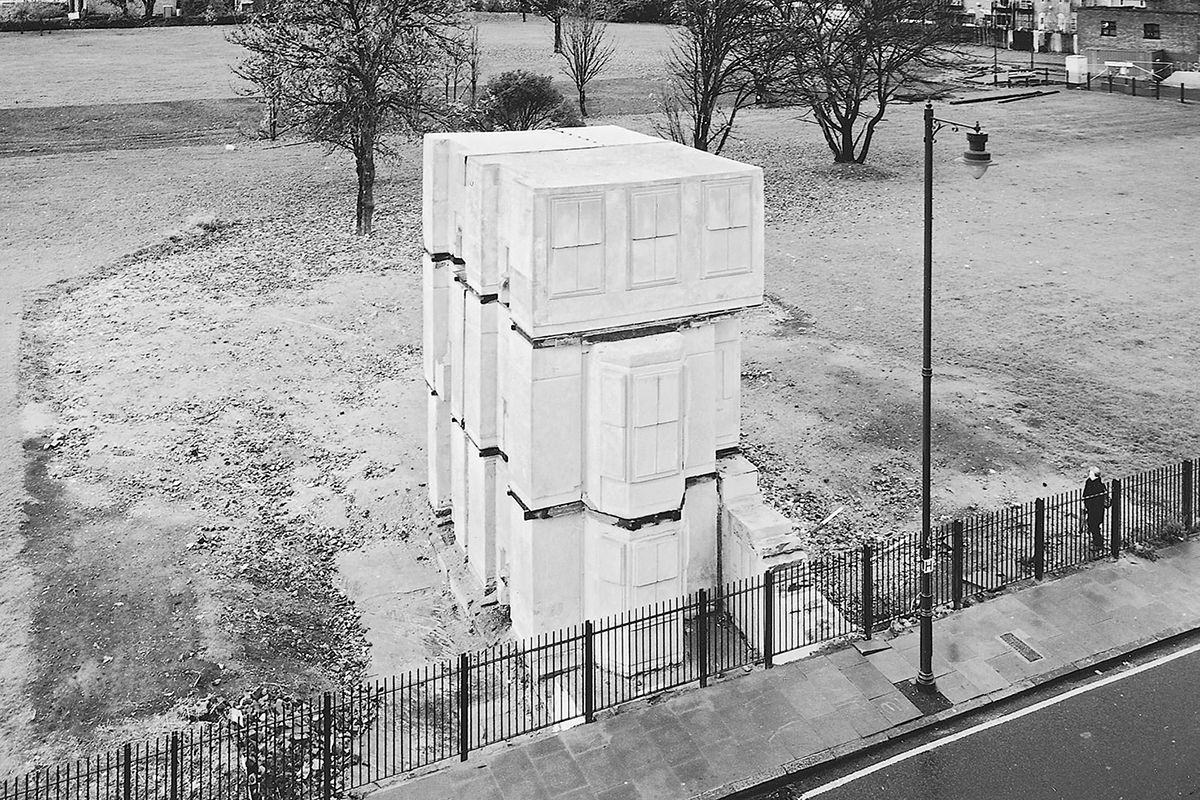My family and I use a product called a Glowcose, which is a wifi-enabled desk light that fetches my son’s blood glucose values every 5 minutes, and changes the light’s color in response (red is an urgent low, yellow is almost a low, green and blue are in range, and purple is above range). I didn’t know how I felt about it. We already had multiple phones with apps that show us real-time data and alert us when he’s too high or low. Was the Glowcose actually useful? Did it make our son’s Type 1 diabetes even more top of mind? Was it better or worse for our mental health? I honestly couldn’t say. At least, until the Glowcose service went offline for several weeks.
It wasn’t until the Glowcose was gone that the value of it became perfectly clear. We were catching a lot of daytime lows and highs because we were passively glancing at the color throughout the day. Once it was back, we felt comfort and relief to see the color again. And I was now confident that the Glowcose was a net-positive addition to our home.
Taking a step back, I’ve seen this phenomenon play out in life and work over and over again.
- Close family or friends go away on a long trip. How do you feel while they’re gone? How do you feel when they return?
- You spend time in a different country, with a different set of things taken for granted.
- A colleague or manager at work goes on a two week vacation. How do team dynamics change with that person missing? How do you feel when they return? Do you feel relief, or dread? Did your team grind to a halt, or move faster without them?
- A product you use every day breaks or has a service outage, or goes through a questionable redesign. How disruptive is that?
- A water boiler breaks, and you have no hot water for days.
- A close personal connection passes away.
The common threads for me:
- Sometimes, the answer to these questions play out in moments, over time - days, weeks, even years ahead. (Unless you’re Google or Slack and you’ve gone offline, in which case the entire internet lights up.)
- You don’t know what you’ve got until it’s gone. You often need the absense of something to fully understand and evaluate it. Our natural state is to take things for granted. The practice of fasting, intentionally doing without something on a regular basis makes a lot of sense to me. I’m not religious, but I do find the idea of being forced to avoid technology for a day each week, or otherwise going without some simple luxury on some regular basis, compelling.
There are related lessons and concepts in the context of startups.
Netflix’s “Chaos Engineering” is related, where you intentionally remove important things to better test (and understand) your organization’s coping and recovery mechanisms. While you don’t see a Chaos Engineering style approach applied to Product and Design disciplines, there are some lessons there.
At my previous company, we often had marginal features that we couldn’t confidentally say if people really needed. The easiest technique was to remove it and see what happens. Sometimes people would loudly complain, so we would put it back - sometimes we heard crickets, so it was officially gone and the product got a little less complicated.
To understand metrics like engagement, churn, and sentiment, product companies will often turn to NPS, or Net Promoter Score. NPS asks “how likely are you to recommend us to a friend or colleague”. Despite its limitations, NPS is the dominant survey prompt. But there’s nothing like losing something that clarifies the value someone is getting from something (or someone), until they are gone.
Superhuman’s Product Market Fit survey asks “how would you feel if this product was taken away”?
I would argue that question is a significant improvement over the NPS question. If you have a product company, I would recommend you try the PMF question prompt. You might be surprised by the results. But you’re still asking someone to look into the future and imagine how they would feel. Unfortunately, there’s nothing like actually experiencing that loss to crystalize the value of a person, product, or thing, once they’re gone.
